“Such a step splits the Church” and “leads her toward schism”

Robert Spaemann
Robert Spaemann is a professor emeritus of philosophy at the Ludwig-Maximilians University of Monaco of Bavaria. He is one of the leading Catholic philosophers and theologians in Germany.
This following is my own translation of the interview on Amoris Laetitia, extensively excerpted, that Spaemann gave exclusively to Anian Christoph Wimmer for the German edition of the Catholic News Agency on April 28. —The Editor
Professor Spaemann, as a philosopher, you followed closely the pontificates of John Paul II and Benedict XVI. Many believers today are asking whether the post-Synodal Exhortation Amoris Laetitia of Pope Francis may be read in continuity with the teaching of the Church and of these Popes.
Prof. Robert Spaemann: For most of the text that is possible, even though his line leaves room for conclusions that cannot be made compatible with the teaching of the Church. In any case, Article 305, together with footnote 351, which states that the faithful “in an objective situation of sin” may be admitted to the sacraments “because of mitigating factors,” directly contradicts Paragraph 84 of Familiaris Consortio by John Paul II.
What was John Paul II’s central concern?
John Paul II declares human sexuality “real symbol of the giving of the whole person” and, more precisely, “a union that is not temporary or ad experimentum (“for an experiment”). In Paragraph 84 he affirms, then, with total clarity that the divorced and remarried, if they wish to receive communion, must give up sexual acts. A change in the practice of the administration of the sacraments would therefore not be a “development” of Familiaris Consortio, as Cardinal Kasper holds, but a break with its essential teaching, on the anthropological and theological level, regarding marriage and human sexuality. The Church does not have the power, without there being a prior conversion, to give a positive value to such sexual relationships, through the administration of the sacraments, dispensing “in advance” the mercy of God…
Could one not argue that the anthropological and theological considerations you mentioned could perhaps be true, but that the mercy of God is not bound to these limits, but connects to the concrete situation of each person?
The mercy of God is at the heart of the Christian faith in the Incarnation and Redemption. Certainly the gaze of God falls upon every single person in that person’s concrete situation…
[However] the entire scope of relations, especially those of a sexual nature, has to do with the dignity of the human person, with the person’s personality and freedom. It has to do with the body as the “temple of God” (1 Cor 6:19).
Any violation in this area, no matter how frequent it may have become, is therefore a violation of the relationship with God, to which Christians are called; it is a sin against His holiness, and always and continuously is in need of purification and conversion.

“Jesus Teaching Outside the Temple,” fresco in the Church of Santa Maria in Monticelli, Rome
The mercy of God consists precisely in the fact that this conversion is made continuously and ever again possible. This mercy, certainly, is not bound within certain limits, but the Church, for her part, is obliged to preach conversion and does not have the power to go beyond the existing limits by the administration of the sacraments, causing, in this way, some violence against God’s mercy. This would be proud arrogance.
For this reason, the clerics who stick to the existing order do not condemn anyone, but take into account and announce this limit with regard to the holiness of God…
To accuse them unjustly, for doing this, of “hiding themselves behind the teachings of the Church” and of “sitting on the chair of Moses… to throw stones at people’s lives” (Paragraph 305), is something that I do not even want to comment on.
I note, just in passing, that this text is exploited, playing on a deliberate misreading of that Gospel passage.
Jesus says, in fact, yes, that the Pharisees and scribes sit on the chair of Moses, but he stresses that the disciples have to practice and observe all they say, but do not live like them (Mt 23:2).
Pope Francis in his text repeats that no one can be condemned forever…
I find it hard to understand what he means. That it is not licit for the Church to personally condemn anyone, let alone eternally — which, thank God, she cannot even do — is something quite clear. But, when it comes to sexual relationships that objectively contradict the ordering of Christian life, then I really would like to know from the Pope after how long and under what circumstances an objectively sinful conduct turns into a conduct pleasing to God.
What implications do you see for the Church?
The consequences can be seen already. Growing uncertainty, insecurity and confusion: from the episcopal conferences to the last parish priest in the jungle.
Just a few days ago, a priest from the Congo expressed to me all his despair in front of this text, and the lack of clear guidance.
According to the relevant passages of Amoris Laetitia, in the presence of not-better-defined “extenuating circumstances,” not only the divorced and remarried may be admitted to absolution for sins and communion, but everyone living in any “irregular situation,” without requiring them commit themselves to abandon their sexual conduct and, therefore, without full confession and without conversion.

St. Paul
Every priest who holds to the sacramental order hitherto in force may undergo forms of bullying from their faithful and be put under pressure by their bishop. Rome can now impose the directive that from now on only “merciful” bishops will be appointed, bishops who are willing to soften the existing order.
Chaos has been erected as a principle with the stroke of a pen. The Pope should have known that with such a step he splits the Church and leads her toward a schism…
One thing, however, seems certain: what seemed to be the aspiration of this pontificate — that the Church would transcend her “self-referentialness” in order to go out to meet persons with an open heart — with this papal document has been destroyed for an unforeseeable length of time.
One must now expect a secularizing boost and a further decline in the number of priests in large parts of the world.
One can easily verify that, for some time, that the bishops and dioceses with a clear attitude in matters of faith and morals have the highest number of priestly vocations. It must be borne in mind here what St. Paul writes in his letter to the Corinthians: “If the trumpet gives an uncertain sound, who shall prepare himself to the battle?” (1 Cor 14: 8).

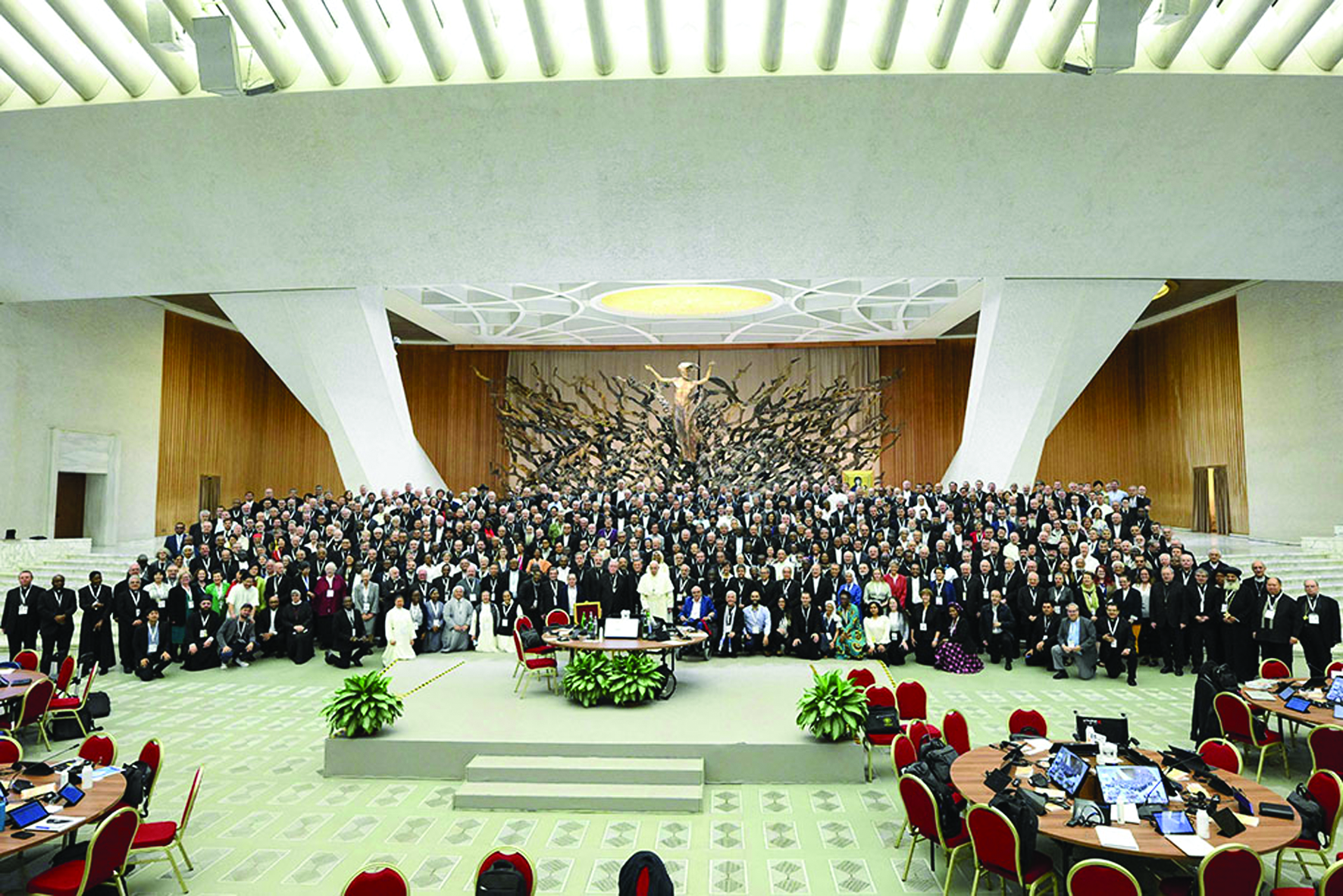
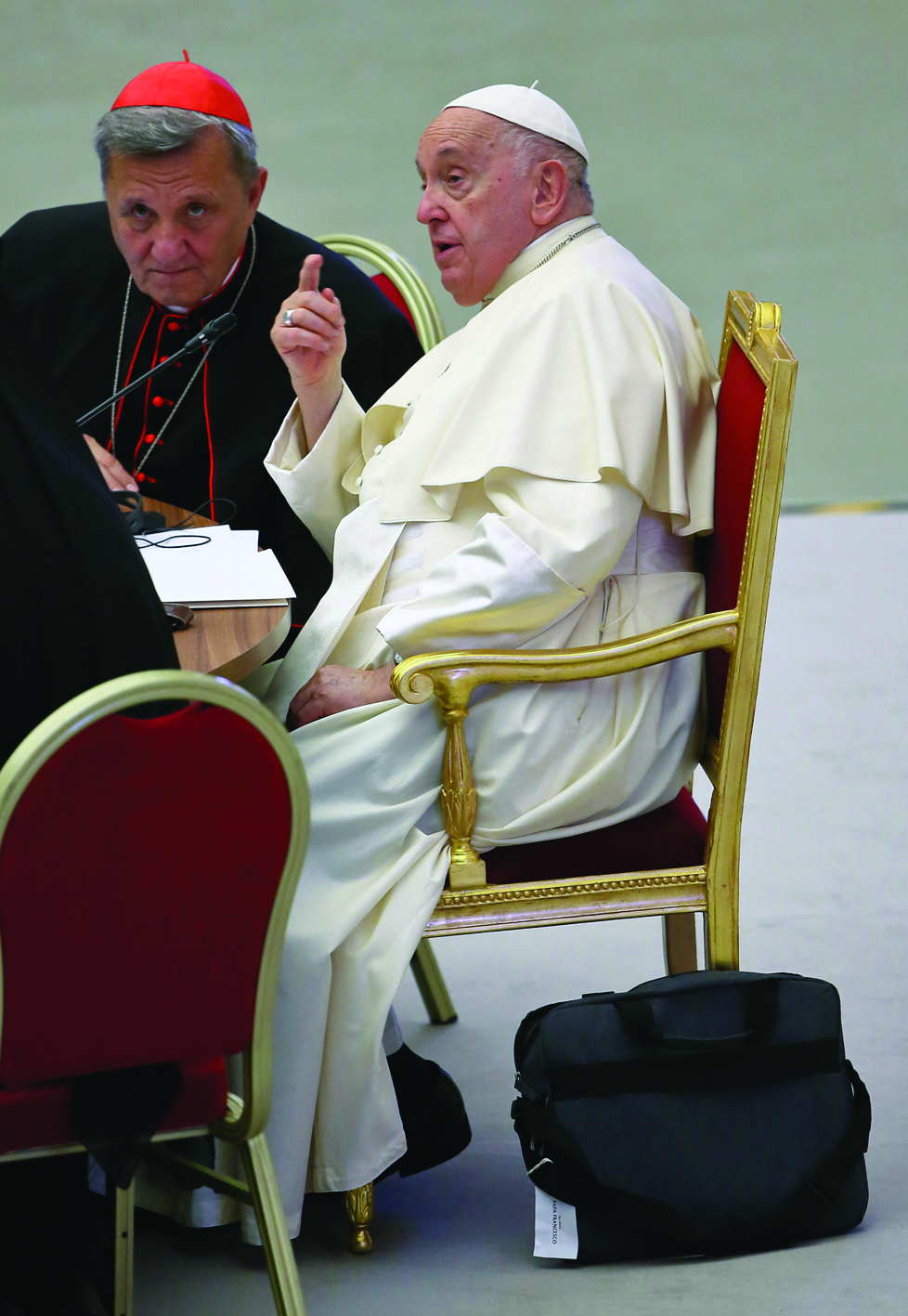
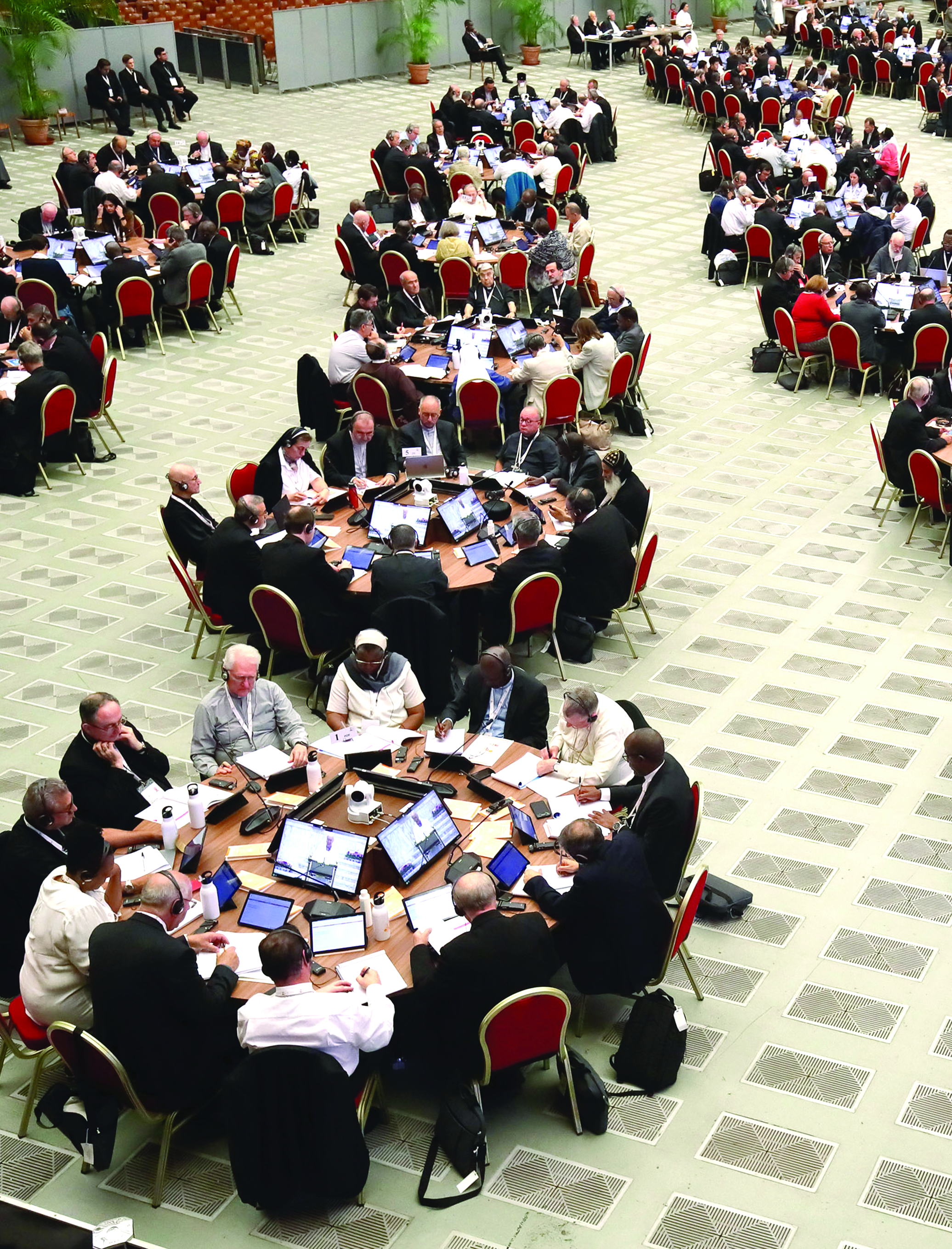
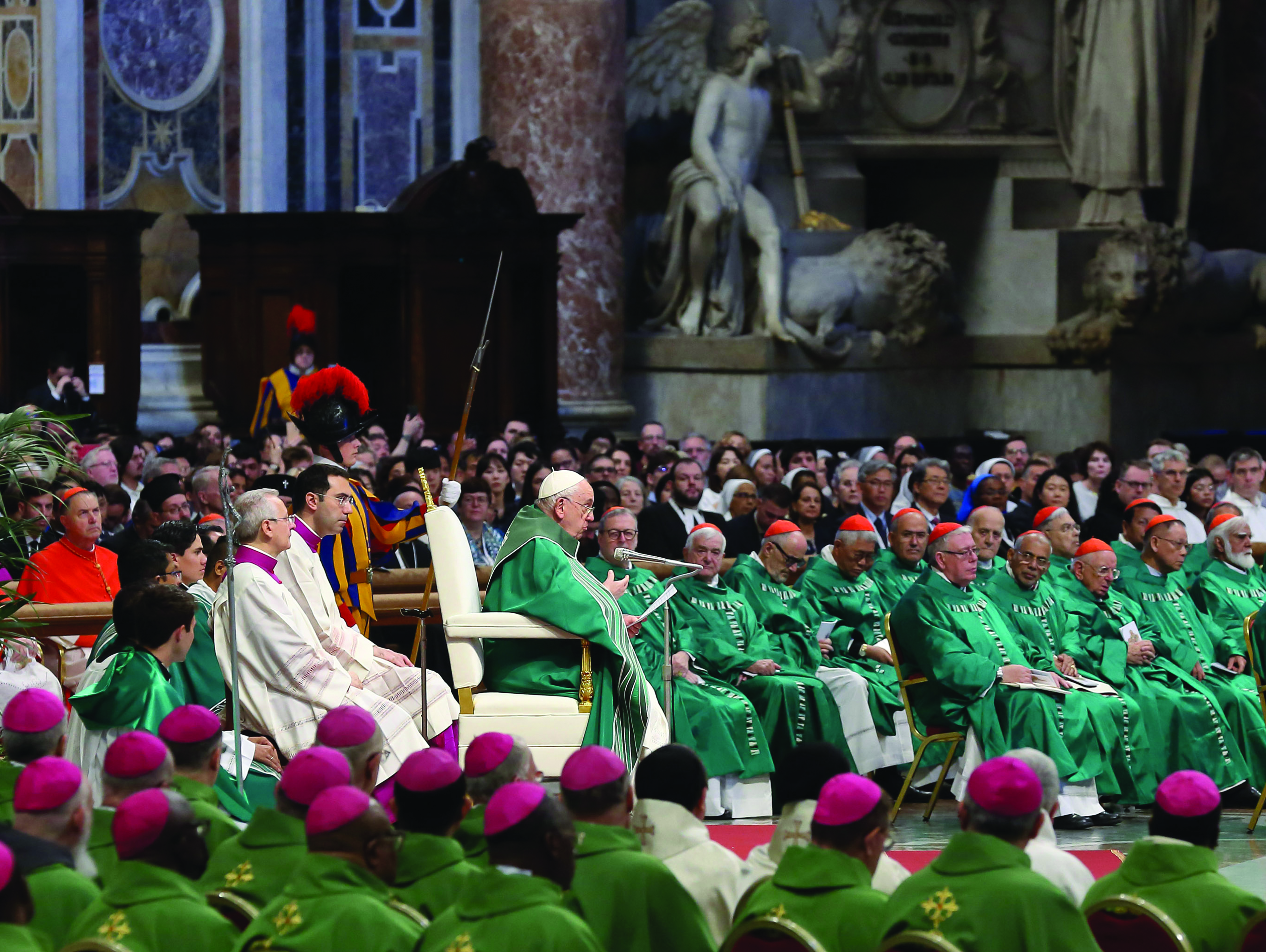
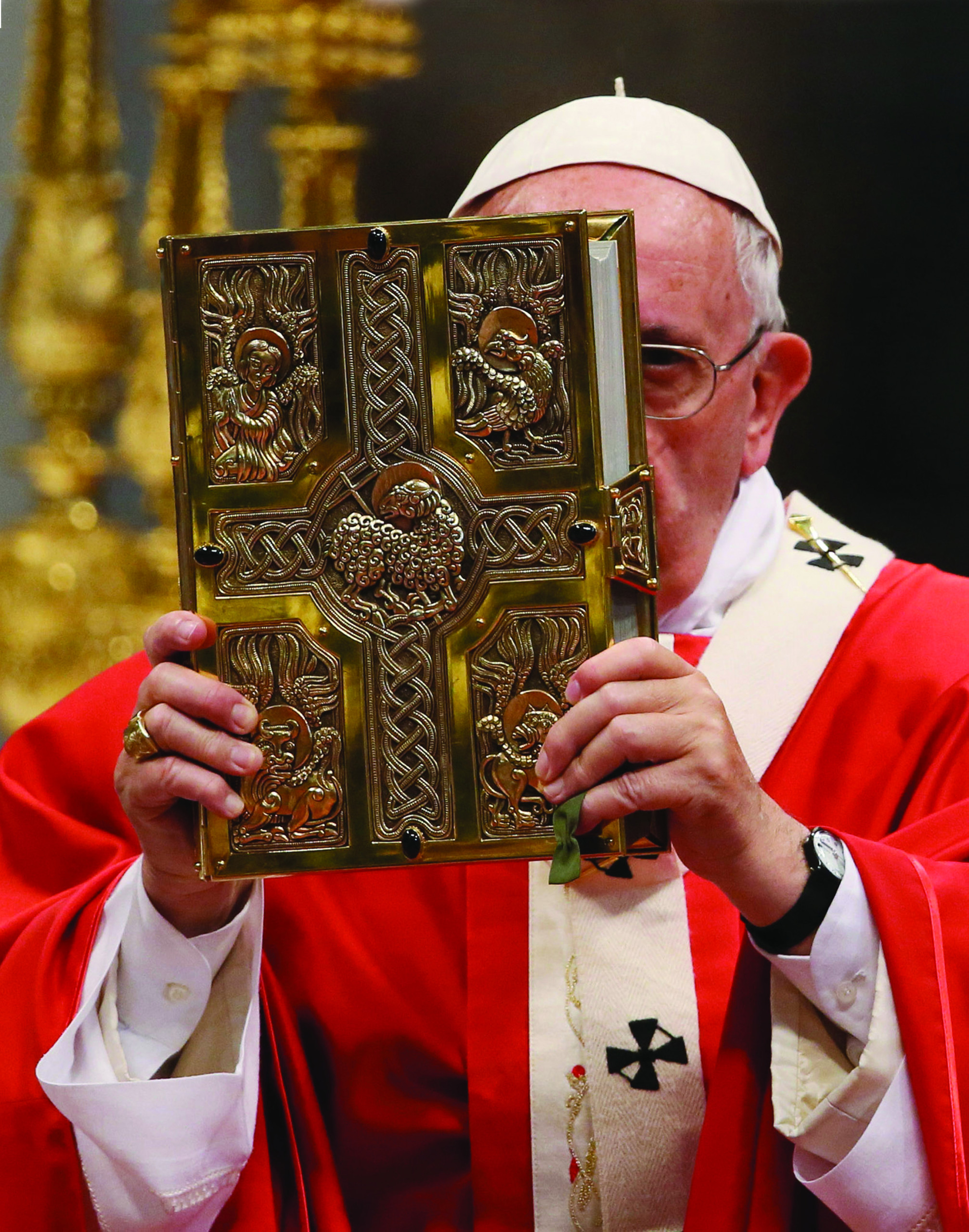
Facebook Comments